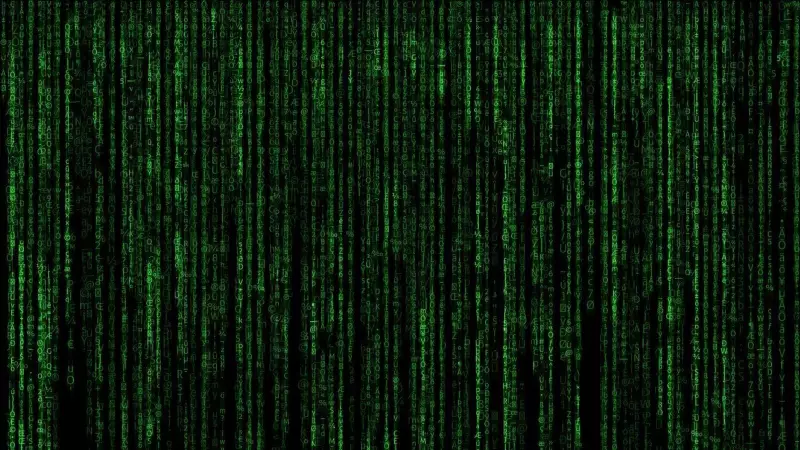
For decades, the intriguing possibility that we might be living in an advanced computer simulation has captured public imagination, from philosophical debates to Hollywood blockbusters like The Matrix. However, new mathematical research delivers what might be the final blow to this fascinating theory.
The Mathematical Reality Check
Scientists have applied sophisticated mathematical frameworks to test the simulation hypothesis, reaching a conclusive verdict: our universe operates with far too much complexity and randomness to be the product of computational programming. The research demonstrates that natural phenomena at quantum and cosmic scales exhibit patterns impossible to replicate through algorithms.
Why Simulation Theory Falls Short
The study identifies several critical flaws in the simulation argument:
- Quantum randomness behaves in ways that defy computational predictability
- Cosmic-scale phenomena display emergent properties that cannot be pre-programmed
- Mathematical inconsistencies appear when applying simulation logic to physical laws
- Consciousness and subjective experience cannot be reduced to binary code
What This Means for Our Understanding of Reality
This research doesn't just debunk a popular sci-fi concept—it reinforces the authenticity of human experience and the genuine mystery of our universe. The findings suggest that reality is fundamentally more wondrous and complex than any simulation could ever achieve.
The mathematical evidence strongly indicates that we're not characters in some advanced civilization's video game, but rather inhabitants of a genuinely extraordinary, naturally occurring universe that continues to surprise and mystify scientists.





